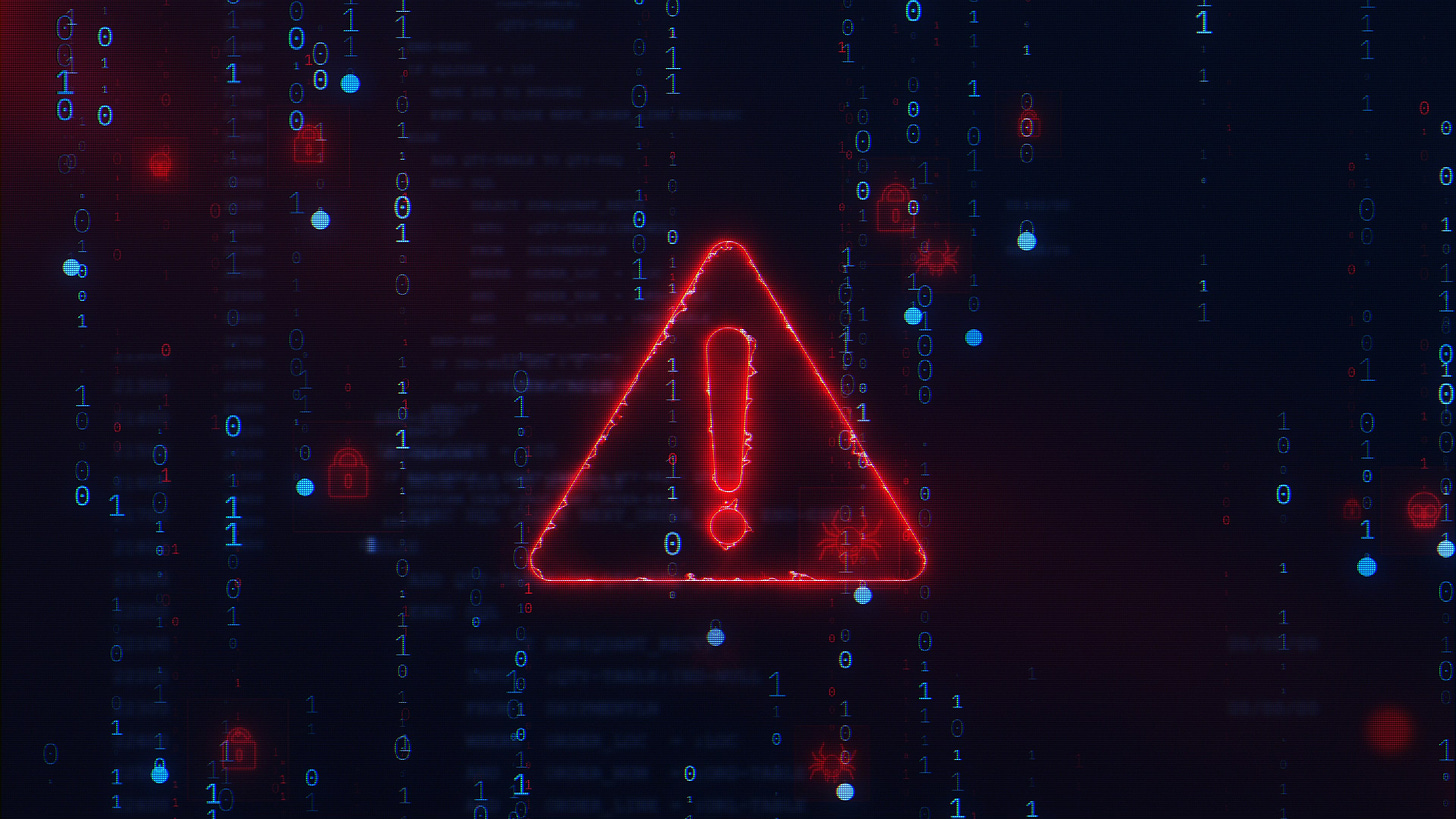'The largest IT security breach in history'
Experienced leaders in key agencies & in data security warn DOGE activities could be putting government and personal data at risk in serious & possibly irreversible ways.
The Atlantic is reporting that IT security specialists who worked on highly sensitive data systems accessed by Elon Musk’s Department of Government Efficiency (DOGE) at Treasury, Personnel Management, NOAA, and other agencies, describe that access as:
“the largest data breach and the largest IT security breach in our country’s history—at least that’s publicly known.”
Concerns about the personal financial and data security of all Americans have been raised in a flood of calls to Congress, and in a letter from senators to the White House, noting:
“There are strict cybersecurity controls for accessing federal networks, which DOGE does not seem to be following, including by reportedly connecting personal devices to sensitive government systems.”
WIRED Magazine reports having reviewed an email from the Treasury Department’s Bureau of the Fiscal Service recommending “that DOGE members be placed under insider threat monitoring” and warning:
“Continued access to any payment systems by DOGE members, even ‘read only,’ likely poses the single greatest insider threat risk the Bureau of the Fiscal Service has ever faced.”
Early Saturday, a federal judge blocked access by DOGE to the Treasury Department’s payment system and other sensitive data systems, citing risk of “irreparable harm.” DOGE is also ordered to:
“destroy any and all copies of material downloaded from the Treasury Department’s records and systems.”

Even so, Musk and his operatives are moving ahead with raids, either in progress or reportedly in the works, on:
The National Oceanographic and Atmospheric Administration (NOAA)
And another extremely sensitive system at Treasury
A federal judge has blocked the attempt by Trump and Musk to lay off thousands of staff at USAID. The freezing of aid delivery is putting lives and health at risk across much of the world, leaving affected nations stunned and creating widespread humanitarian and security risks.
Intrusion into USAID data systems by DOGE operatives extended to the disappearance of “panic button” apps from USAID staff phones overseas—a move described as a de facto abandoning of US personnel in the field. The judge’s order also means the DOGE attempt to turn over USAID headquarters to other agencies must be suspended.
The security of sensitive government data, funding flows required by law, and agency operations, remains in question, partly because of DOGE operations inside two highly sensitive agencies:
The Office of Personnel Management oversees the federal workforce and is being leveraged by DOGE to send out emails “after hours, on weekends, and sometimes more than once a day—that disparage the work of our fellow public servants and demand that they resign (or take mysterious “buyout plans”) or prepare to be fired.”
The General Services Administration manages federal property and provides contracting options for government agencies. DOGE efforts to drastically reduce GSA funding and staffing has been flagged as a possible opening for corruption in federal contracting practices.
Political scientists say Trump and Musk are using the tactics of Hungary’s Viktor Orban to remove checks on authoritarian rule, as quickly as possible and with open disregard for the law. Some actions that have raised this concern:
The new Attorney General, Pam Bondi, has ordered federal prosecutors to prioritize “political views… that prevailed in the election”, though their work is, by law, supposed to be free from any political motivation.
In one memo, the new AG ordered the closure of a task force focused on investigating and holding accountable Russian oligarchs that aid the crimes of the Putin regime.
In another, she ordered the closure of an FBI task force working to prevent foreign intelligence operatives, including from Russian and Chinese, from interfering in US elections.
The new US Attorney for the District of Columbia posted a letter to X (owned by Elon Musk) promising he would hunt “to the ends of the Earth” anyone who resists the DOGE agents.
All of these are seen as inviting direct violations of law by those whose illicit intent would otherwise be obstructed by investigations or by whistleblowers.
Independent Maine Senator Angus King addressed the Senate with urgency, calling on colleagues to put the Constitution above partisan feeling:
“Our oath was not to the Republican Party, not to the Democratic Party, not to Joe Biden, not to Donald Trump, but our oath was to defend the constitution.
“And right now -- right now literally at this moment that constitution is under the most direct and consequential assault in our nation's history. An assault not on a particular provision but on the essential structure of the document itself. It's hard to grasp what is happening because of all the events that are swirling around us over the last several weeks. It's coming from so many different quarters and so many different actors. It's hard to get a picture of what's really happening fundamentally.
“But this is an assault, and how we respond to it will define our life's work, our place in history, and the future of our country. None of us will ever face a greater challenge.
This is the first article in The Navigator’s Keeping the Republic section. The goal will be to highlight intricacies of the complicated everyday work of defending human freedom through the instruments of self-government.
We recognize there will be partisan and ideological differences affecting how people read and understand everyday political jostling. We also recognize that disruptive technologies are creating new threats to the primacy of rights over power, and so informed citizens need to understand how those disruptions can be made to work for human rights, and not against them.
We will aim to provide the deeper background, the evidence that is in the public domain or which we are able to uncover, and a clear-eyed view of what is at stake for the health of self-government.





